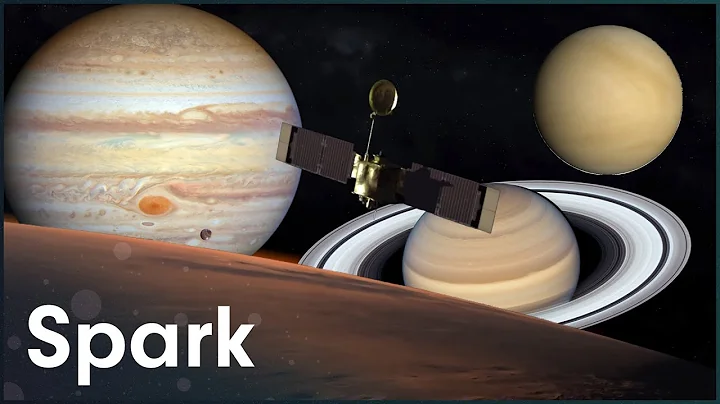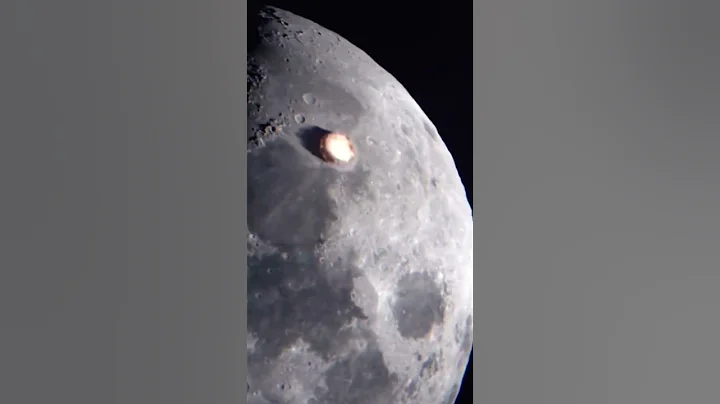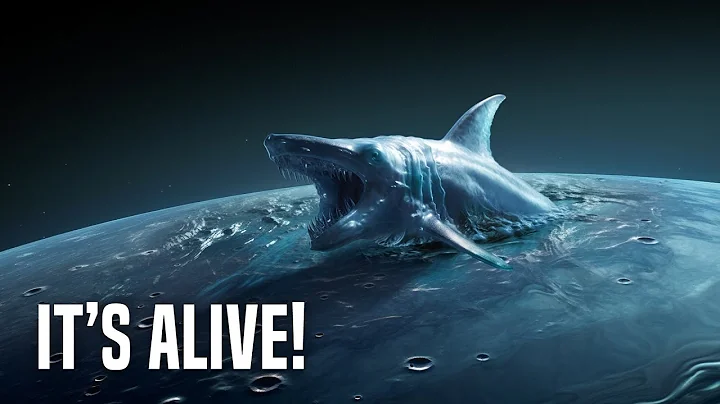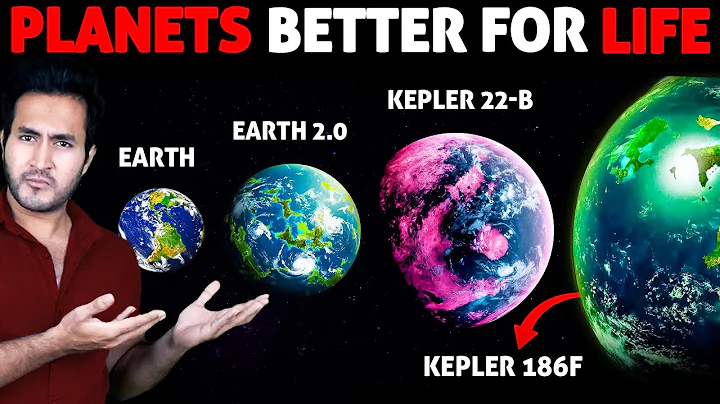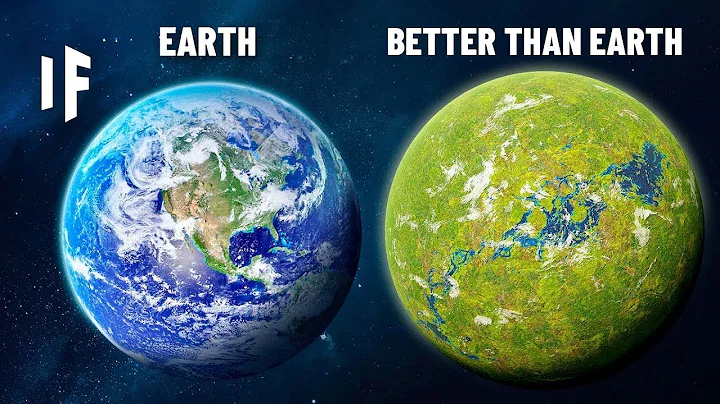
The question "Is there life on planets other than the Earth?" has been debated for a long time, especially during current exploration and observation, it has been discovered that there may be life forms on Mars. However, this article will tell people that this discovery is not necessarily good news for mankind, because this actually discovered a form of extraterrestrial life.
It can be said that organisms evolve and develop gradually from the beginning of life. The first step is for the inanimate molecule to start replicating itself.

moves on to the next stage, where the molecules combine and a unit called a cell is born. When we evolved into primitive single-celled organisms, we would have used energy more efficiently.

Furthermore, multicellular organisms composed of multiple cells were born and would achieve surprising diversity.

Develop bones and brains, use tools and culture, share information...

You will build civilizations, become scientists, become primates of all things, you will also gain from the earth through the development of space technology Means of flying.

Since the size of the living planet is limited, a species also needs to extend into the universe to continue to thrive.

Both will migrate to other planets in the same star system ...

Finally, there is also the possibility of establishing a galaxy scale civilization.

There are 500 billion planets in the galaxy we live in, and there are more than 10 billion planets of the same type as Earth. Although there are many stars older than Earth, we have never come into contact with a galaxy-scale civilization, but we can still confirm that alien life is surpassing humans.

There are two possibilities here. One is that only humans can clear the “walls” that many organisms have been unable to overcome in their evolution. Other creatures were destroyed before they could advance, but we were able to survive by a stroke of luck.

Another possibility is that there are some "walls" that are insurmountable at any time other than us, evolved life forms that have been destroyed much earlier than us. In this case, humans will eventually be destined to hit this "wall".

In the former case, the question remains how long we survive from the time when life happens to when we overcome the "wall".

When looking back at Earth's history, the very occurrence of life itself may have been the "wall". Although there is no direct data on the probability of life occurring on a planet, some scientists believe that even if the conditions are met, life will occur everywhere, and there is only Earth in the universe. Some scientists insist that they are planets.

coexists as another possible "wall" mitochondria . In addition to cells, mitochondria, which have their own DNA, are intracellular organelles that generate energy within cells, but their origin is thought to be the coexistence of cells with aerobic bacteria.

It is believed that the aerobic bacteria absorbed in the cells produce energy, and the cells further develop based on the energy, acquire more complex functions, and give birth to the diversity of life. This symbiosis is responsible for plant photosynthesis chloroplasts , and it is thought that this also applies to the symbiosis of mitochondria and chloroplasts, a major breakthrough in the history of life on Earth.

Even at the stage of brain development and acquisition of high intelligence, it is possible that the "wall" has been crossed.

A developed brain is very heavy and consumes a lot of energy, so it cannot be absolutely beneficial to life. This may be due to the good fortune of harnessing intelligence that humans have developed over the course of 200,000 years of history.

So if we haven't overcome the "wall" yet, we may have conflicts from now on, what will happen.

Disasters, wars, etc. do not necessarily become "walls."

Even if most of humanity is killed by a disaster, or if civilization will be greatly weakened, if it can recover within hundreds and thousands of years, it cannot become a "wall". This is a very small problem compared to the 15 billion years of universe history.

If an insurmountable "wall" is being erected in front of us, then it can be concluded that its scale should be so large that most very advanced civilizations will be destroyed by humans.

I wonder what a "wall" would look like to shake the existence of a life form itself. This could be an all-out nuclear war , or it could be genetically engineered organisms and nanotechnologies running amok.

People hope that the "wall" that cannot be overcome by how civilization develops is not on the extension line of our development and prosperity.

If there are complex and diverse life forms outside the earth, this means that the occurrence of life and the acquisition of intracellular symbiosis/intelligence are not an insurmountable "wall", but a "wall", and the possibility of waiting from now on Sex would be higher, so it's fair to say that discovering extraterrestrial life forms is never pleasant.

The conclusion is that there are no aliens on Mars or Europa and further development of humanity requires many stars to transfer life forms in the galaxy.



